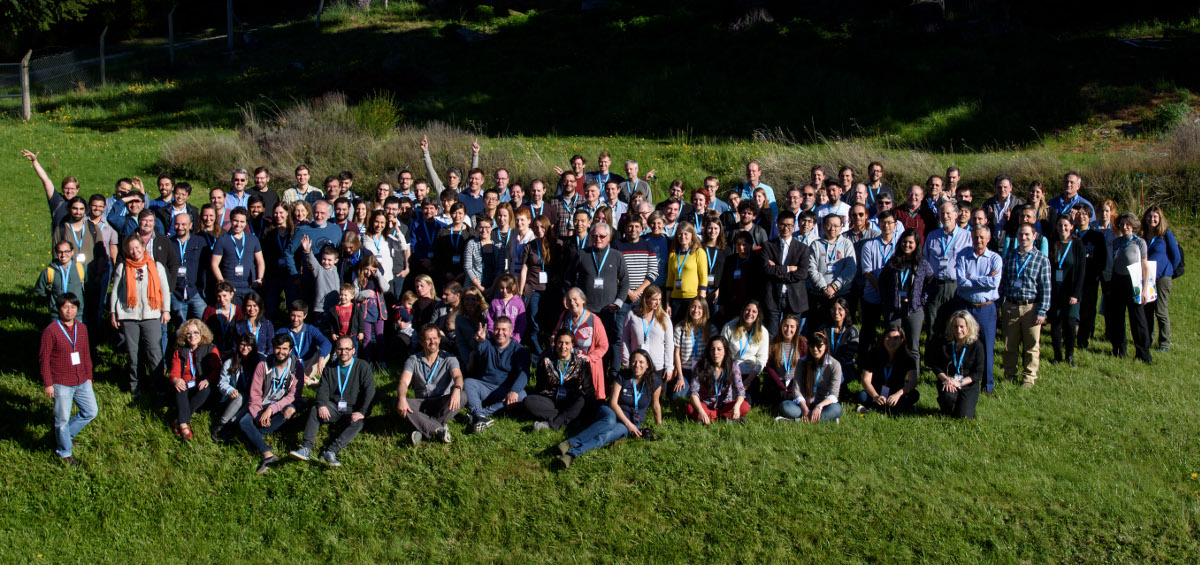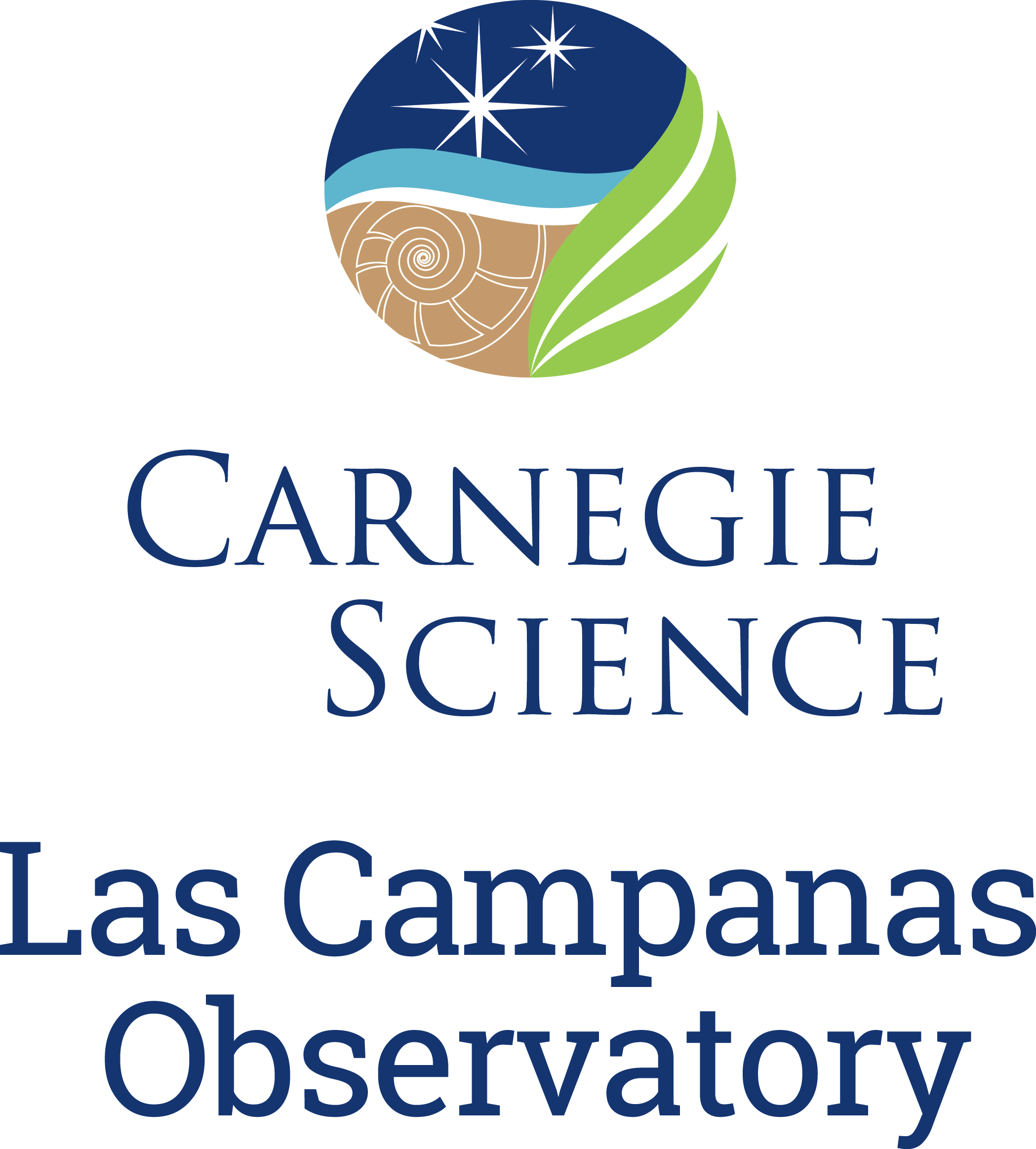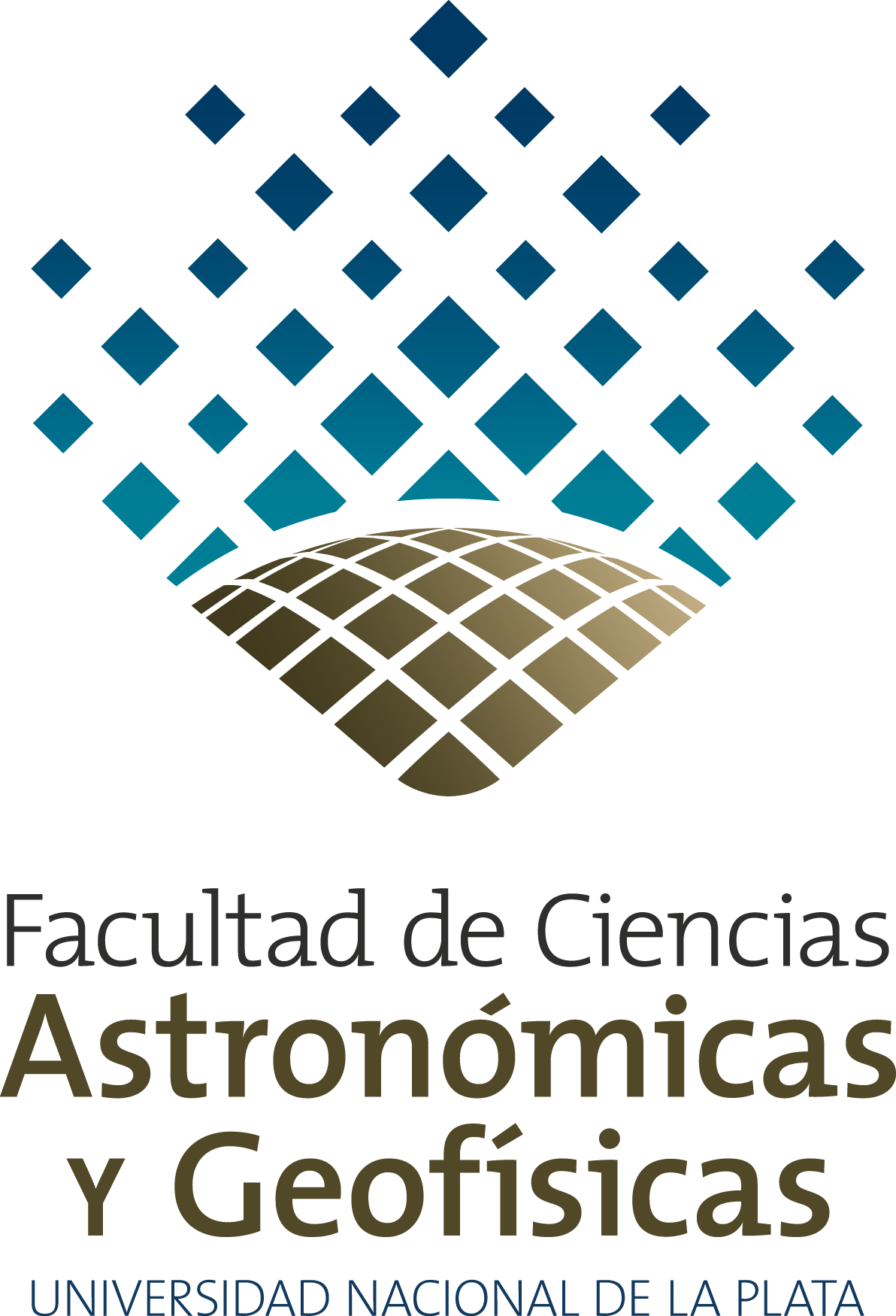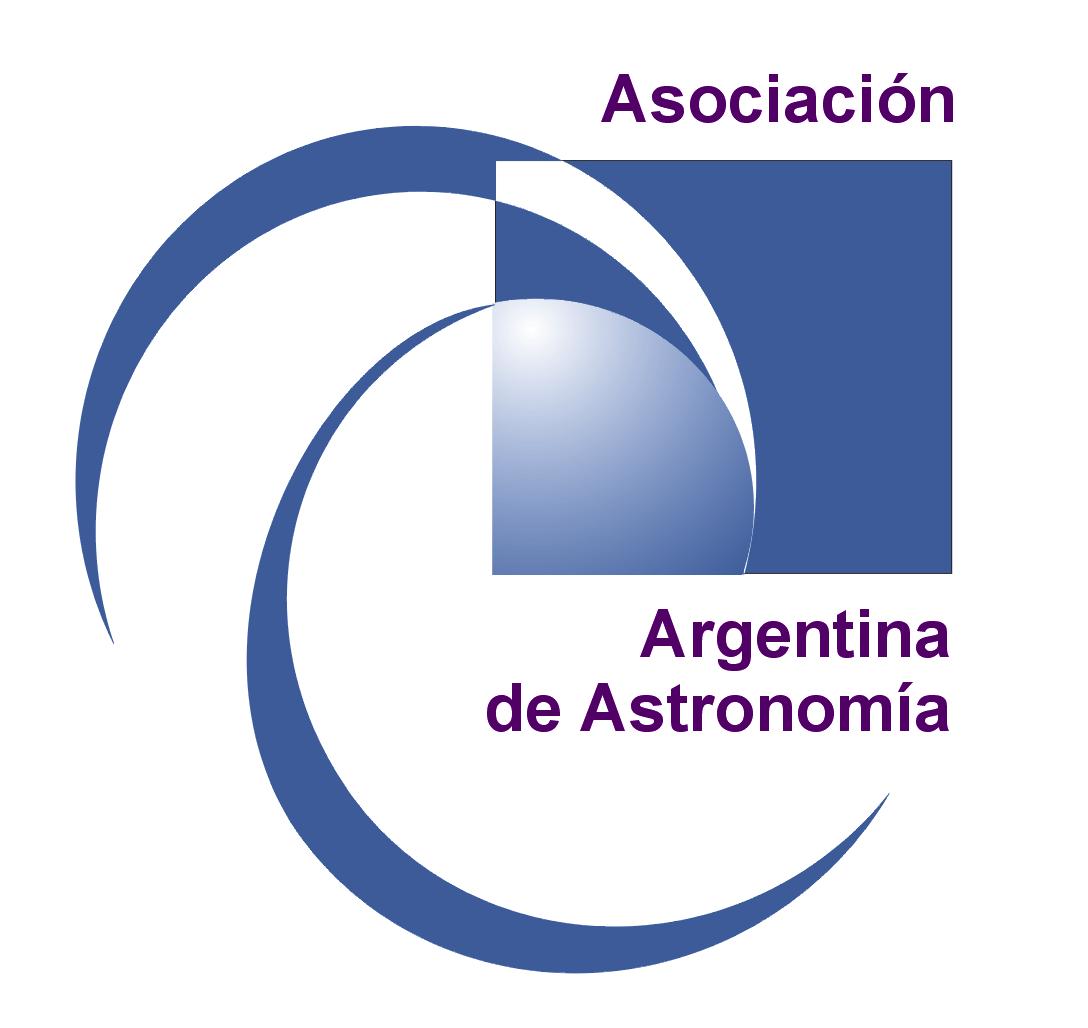November 5-9, 2018
 Photo by Martinez
Photo by Martinez
Massive stars definitely play the leading role among the cast that dictates the evolution of the Universe as we know it. Outnumbered and outlived by all their less massive support players they still manage to impose their character by dramatically transforming the stage at early times via their powerful stellar winds through an outstanding finale in core-collapse supernova explosions. Since early age, massive stars violently disrupt the interstellar medium where they were born. They erode and compress the molecular material and ionize atoms of different species, allowing to derive properties of galaxies at cosmological distances. On top of that, massive stars explode as core-collapse supernovae, and along with their thermonuclear counterparts (type Ia supernovae), are the main source of chemical enrichment as they yield the materials produced in its core and further process elements during their final blast. The connection between supernovae of different types and their stellar progenitors is currently under debate.
Multiplicity rate for these stars is detected at a rate high enough to make it a factor that has to be included when elaborating models and/or scenarios to account for any parameter derivation from observations. The implications that close binarity has in the evolution of massive stars since formation through post-main-sequence stages need further refinements of statistics in the distribution of orbital parameters and evolution models including stellar-wind interactions and mass transfer. The advent of unprecedented volumes of data on massive stars from upcoming surveys set up an excellent opportunity for intense and fruitful discussions to devise the best strategies to identify and tackle pressing issues. Throughout her active career, Nidia Morrell has dedicated to improve our knowledge on most of the topics recently outlined. Either as a passionate observer, a dedicated teacher and supervisor or an enthralling collaborator, Nidia definitely makes a difference for all of us who have the pleasure of working with her.
In this conference, we aim to review and discuss all present knowledge about massive stars and supernovae, with a view toward the coordination of efforts to advance our understanding of this important subject in years to come.
We acknowledge support from:





See the photos of the event.
 Consider to add the program to your google calendar (clicking here)
Consider to add the program to your google calendar (clicking here)
Monday
- Session 1: Observations and surveys of massive stars
Tuesday
- Session 2: Stellar evolution
- Session 3: Massive stars and their environments
- Session 4: Final fate of massive stars and their outcome
Wednesday
- Session 4
Thursday
- Session 5: Supernova surveys: early discovery, rates, hosts
- Session 6: Superluminous supernovae, GRB-connected SNe, GW events
Friday
- Session 7: Cosmology with Type Ia SNe
- Session 8: SN Ia progenitors and explosion mechanisms
See the list of talks with their respective links to the presentations (PDF).
See the complete list of posters.
As a final farewell to Nolan Walborn, Nolan's family and friends have committed to sending some of his ashes into Deep Space aboard the Voyager “Enterprise”, scheduled for launch in late 2019.
(TRANSFERWISE NOW ACCEPTED www.transferwise.com)
- Beneficiary: ASOCIACION ARGENTINA DE ASTRONOMIA
- Beneficiary Address: Paseo del Bosque s/n (B1900FWA)
- Beneficiary City, Country: La Plata, Argentina
- Beneficiary CUIT/CUIL Number: 30709681199
- Bank Swift Code: GABAARBAXXX
- Bank Name: Banco de Galicia y Buenos Aires SA.
- Account Number: 0070172920000012157633
- City: La Plata
- Country: Argentina
- Bank Swift Code: PNBPUS3NNYC ABA 026005092
- Bank Account Number: 2000192261221
- Bank Name: WELLS FARGO BANK N.A.
- International Intermediary Bank (EUR)
- Bank Swift Code: UNCRITMM
- Bank Account Number: 0995 8321100
- Bank Name: UNICREDITO ITALIANO SPA
- City: Milano Country: Italia
- IMPORTANT: Please request your bank to fill the Remittance Information (Field #70 in standard MT103 SWIFT format) with the code: P08 (P-zero-eight)
Please do not forget the deadlines:
- Registration: July 6th.
- Abstract submission (if not included in the registration form): July 6th.
- Preliminary program: August 13th.
- Payment (you will receive an email with the needed data): September 5th.
After this date, the fee (350 USD) will be 450 USD.
The key topics to be explored at this meeting include:
- Observations and surveys of massive stars: Wolf-Rayet stars, massive binaries
- Stellar evolution: rotation, binarity, metallicity, mass loss and pulsations
- Massive stars and their environments: runaway stars and mergers
- Final fate of massive stars and their outcome
- Supernova surveys: early discovery, rates, hosts
- Superluminous supernovae, GRB-connected SNe, GW events
- Supernova cosmology with Type Ia and Type II
- SN Ia progenitors and explosion mechanisms
To date, the confirmed invited speakers are:
Gloria Koenigsberger
Philip Massey
Mark Phillips
Kathryn Neugent
Roberto Gamen
Omar Benvenuto
Nathan Smith
Gaston Folatelli
Maria Drout
Joe Anderson
Takashi Moriya
Elena Pian
Paolo Mazzalli
Chris Burns
Kate Maguire
Keiichi Maeda
John Hillier
Claus Leitherer
Melina Bersten
Guillermo Bosch
Mónica Cardaci
Cecilia Fariña
Gabriel Ferrero
Verónica Firpo
Gastón Folatelli
Roberto Gamen
Anahí Granada
Guillermo Hägele
Mariana Orellana
Rodolfo Barbá
Melina Bersten (Co-Chair)
Sylvia Ekstrom
Peter Hoeflich
Gloria Koenigsberger
Phil Massey
Nidia Morrell (Chair)
Mark Phillips
José Luis Prieto
Masaomi Tanaka
Nolan Walborn (in mem.)
 Photo by Martinez
Photo by Martinez





